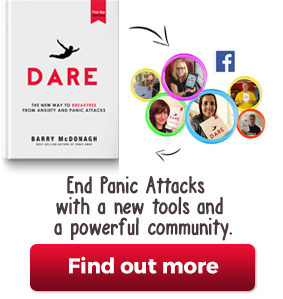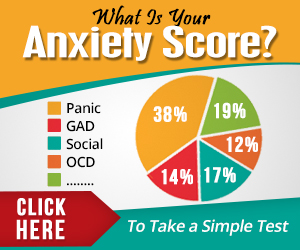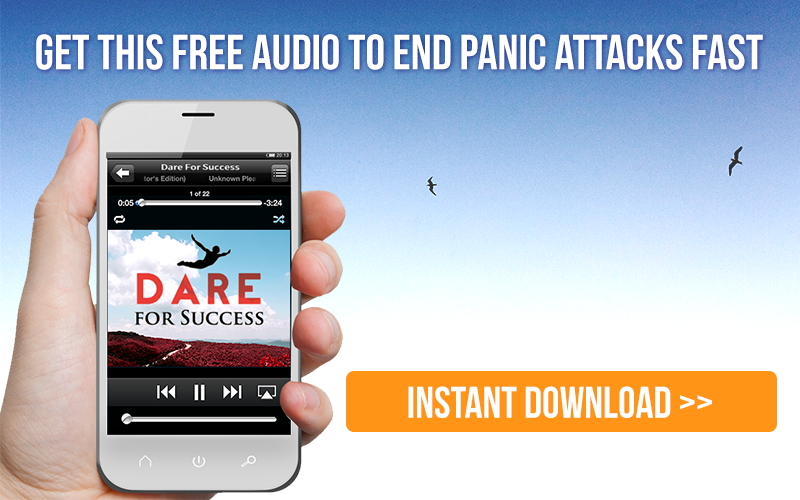Getting to Sleep When You Have Anxiety
For many people who deal with anxiety and panic attacks on a regular basis, nighttime can be a particularly difficult time of day because they are unable to fall asleep naturally. Not getting enough sleep can take its toll on your health and well-being, and can even increase the risk of an anxiety or panic attack in the near future.
People stay awake at night for a number of reasons. They may be fearful or worried about an upcoming event, or they might simply be worried that they can’t sleep and won’t be able to perform at their best the next day. It’s a difficult situation to be in, but there are several ways to fall asleep naturally so you don’t have to take sleeping pills or any type of drugs.
One of the most important steps you can take mentally is to simply presume that you won’t sleep. This sounds like the opposite of what you are trying to accomplish, but the goal here is to break out of the pattern of pressuring yourself to fall asleep. A good night’s sleep isn’t guaranteed, but you have to surrender your inability to sleep in order to put your mind at ease. I talk more about this strategy in my book, Panic Away.
There are also several strategies you can use on a nightly basis to wind down and encourage the sleep state. You can:
* Take a hot bath or shower and allow your muscles to relax
* Eat foods that contain tryptophan (try a small turkey sandwich)
* Eliminate TV and time at the computer for at least one to two hours before bed
* Avoid heavy exercise in the late evening
* Eliminate caffeine from your meal plan after 3 p.m.
Just remember that you will fall asleep eventually, and you need to trust that your body will get the sleep it needs each night. Free yourself from the vicious cycle of trying to get asleep and getting frustrated over not getting enough sleep so that you can start getting the quality sleep you need every night.





Megan
espically the caffeine . that gets me nervous. I suffer from anxiety but I know I am not alone.